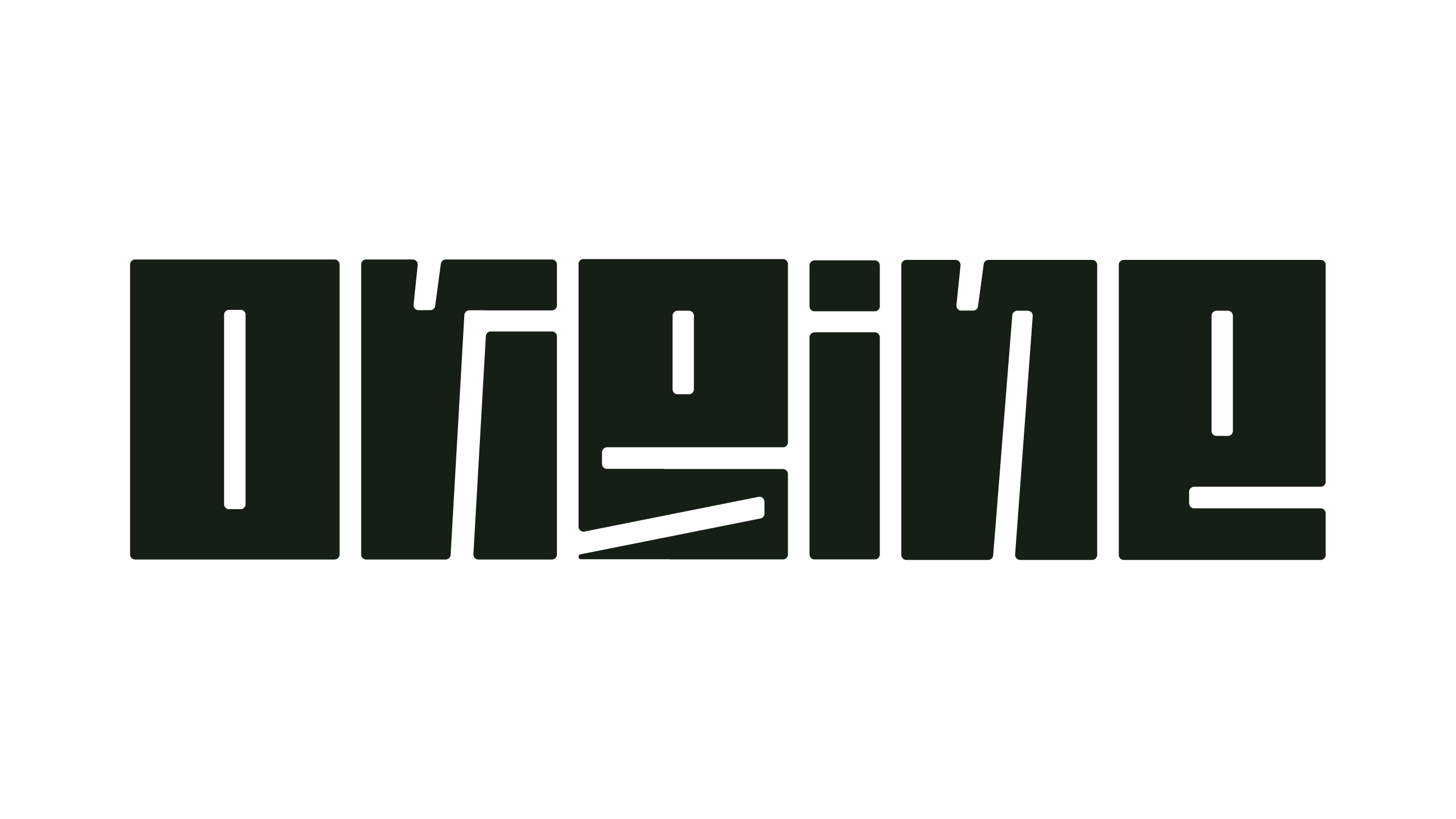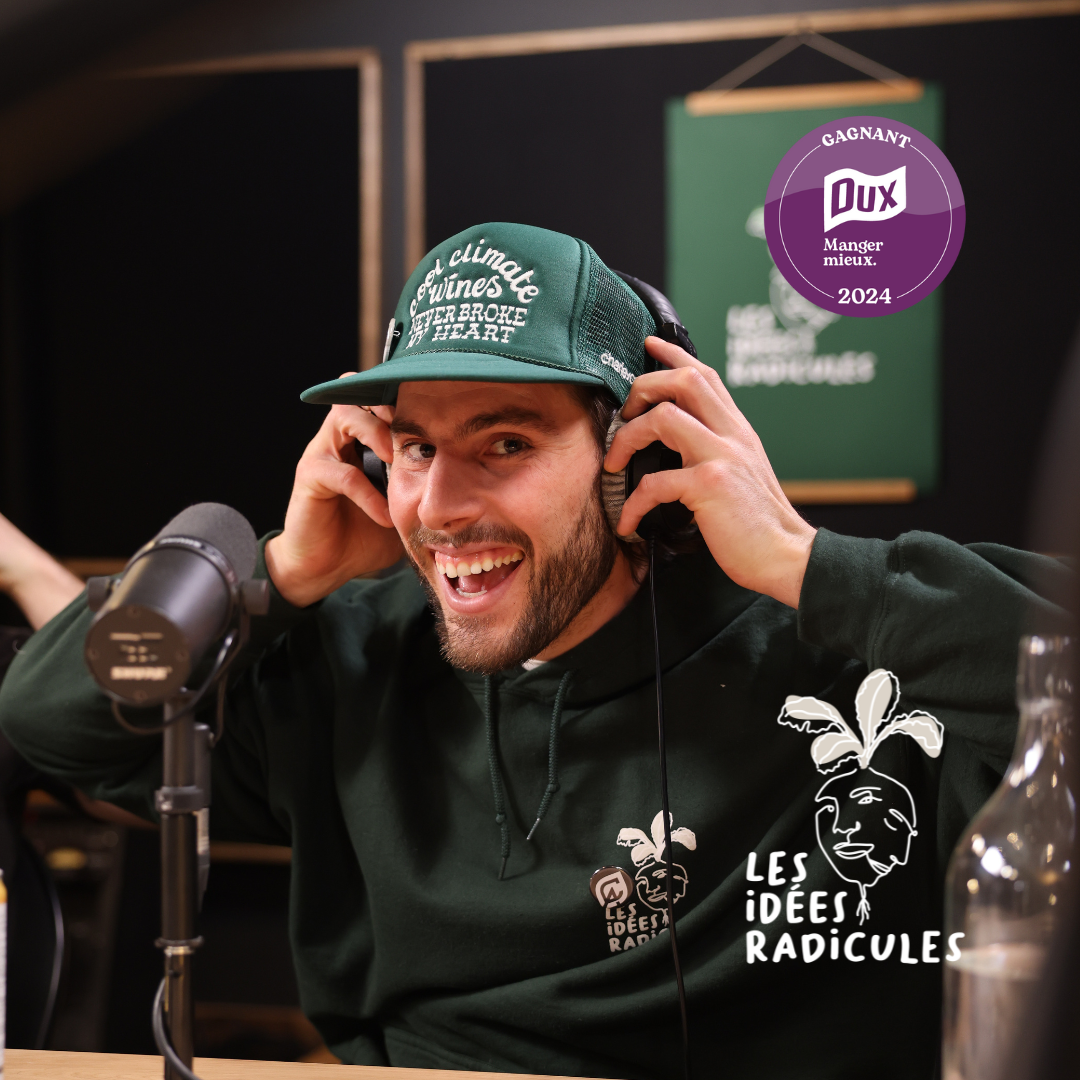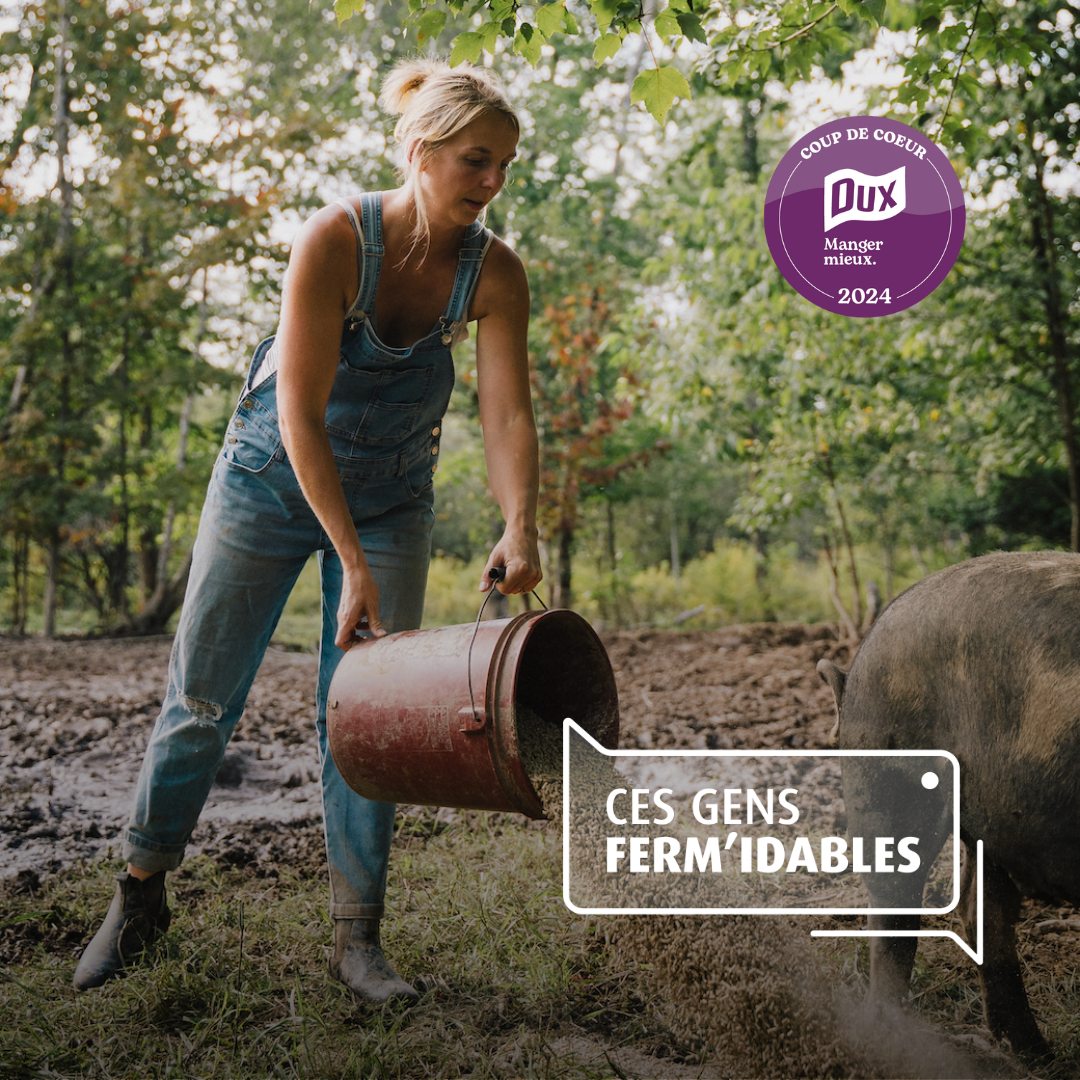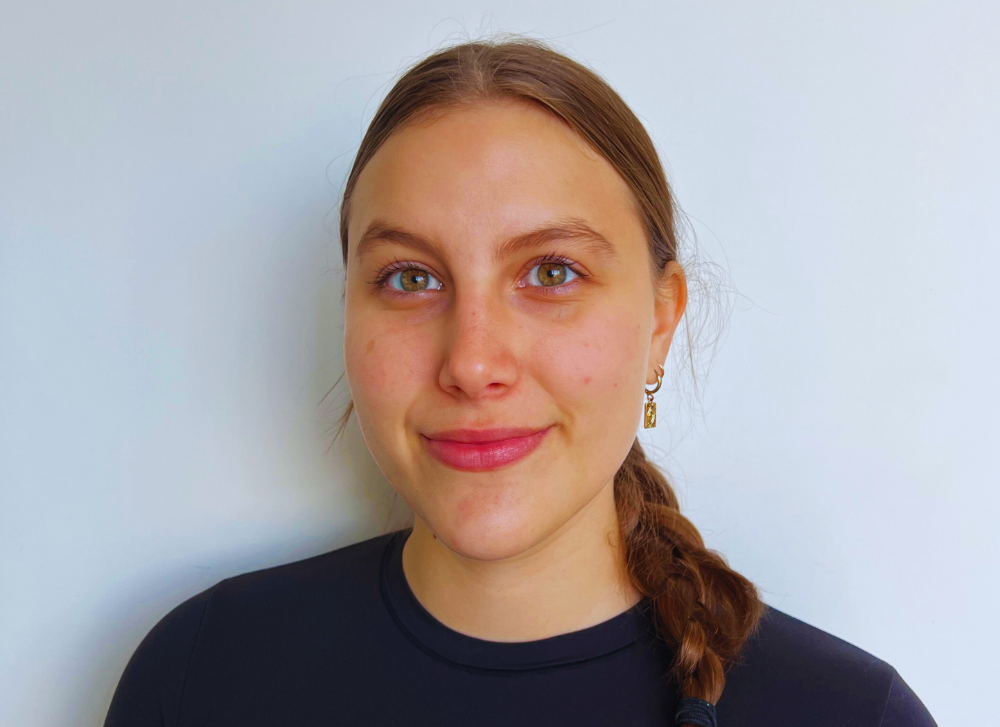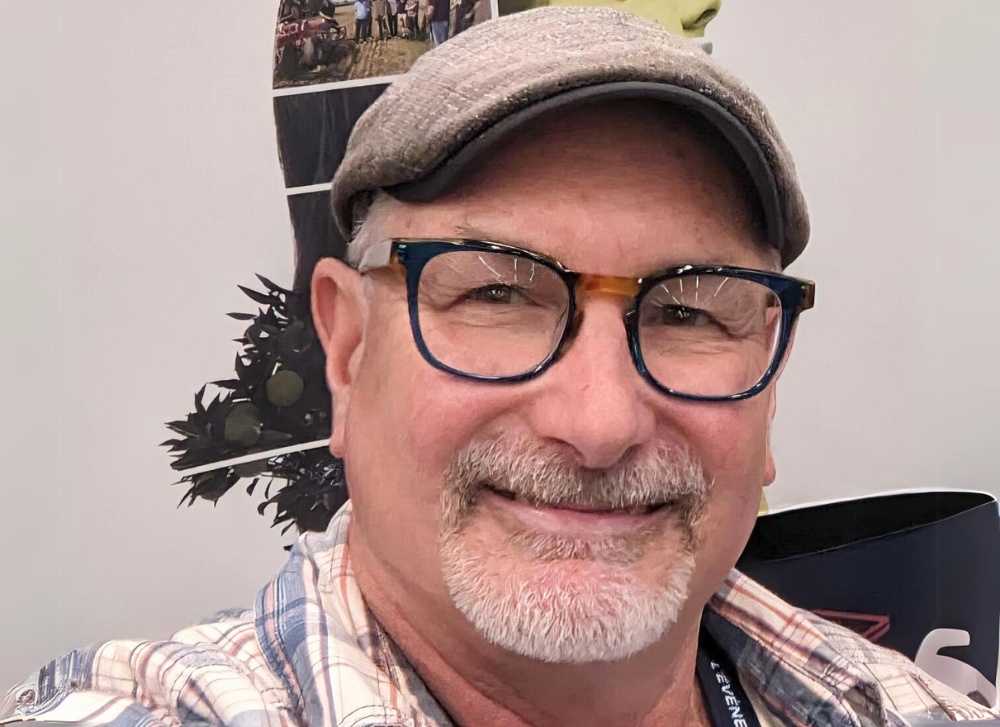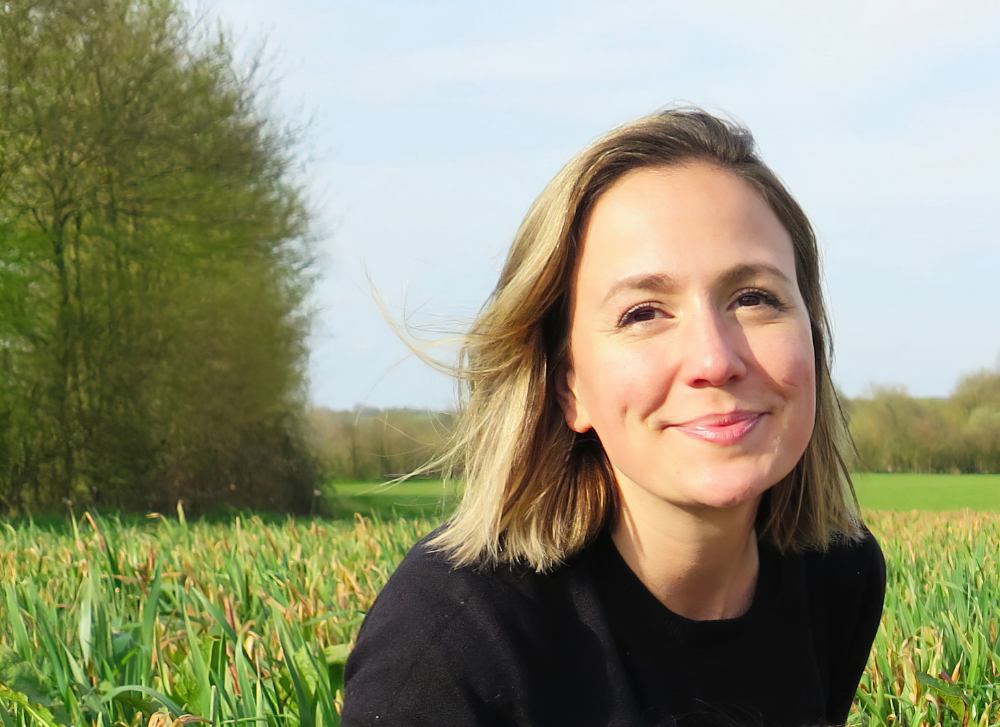Conquering the other Milky Way
We are not born a pioneer, we become one! Jennifer Côté knows something about this. Raised in the suburbs of Montreal in a family where meat took pride of place on the table, she was completing her studies in psychology when she had the revelation. She would create milk… without cows! Her mother and father would never have thought that their daughter would tell them that she would get involved in a project that was as absurd as it was improbable.
Nobody had done this before. Companies were working on cell-based meat, but not on dairy products. There was no established technology or protocol. Nothing in the literature review either. The domain turned out to be terra incognita! It was necessary for the student to meet a trained neuropsychologist who had expertise in science for the idea to germinate and become obsessed with them, regardless of the scale of the challenge.
Jennifer and Lucas House, both vegans, found it unbearable that nearly 1,700 liters of water had to be gulped down to obtain a single liter of milk and that a third of the planet's ice-free land had to be used to feed a billion cows. All that remained for the precursors was to roll up their sleeves, clear the field, clear up the science and proceed through trial and error.
In 2020, at the same time as the firm was formed, Jennifer worked on a certificate in administration. Two specialists in cell biology also joined the team. So much so that today, the first Canadian company to develop a process for manufacturing whole milk using breast cells is able to produce drops in Petri dishes. But we are far from producing it on a commercial scale.
“A cow has five trillion (5 million trillion or 10^18) cells that make milk, resulting in between 35 to 40 liters of milk. We have just a few million cells. We still need a few years of work to get to a pint of milk. We know how to make the first drops, but now we have to prove that we are capable of doing it on a large scale. We have the basic recipe, which will now allow us to go faster, but we will need a lot of money. This will, among other things, require a bioreactor to multiply the cells that will be exposed to prolactin, the hormone that triggers lactation. »
The CEO of Opalia is counting on private investors and stock exchanges to bring the project to fruition. His ambition is nothing less than to become the dairy producer who will sell his elixir to companies like Danone. Jennifer is unwaveringly confident. If she devoted herself to milk rather than meat, it is, among other things, because of her sensitivity to animal welfare.
The young woman knows that many people have no difficulty giving up meat since it is easy for them to make the link between meat products and the animal. On the other hand, they have more difficulty perceiving the cruelty that can be involved in milking a cow. Additionally, since deciding to become vegetarian 5 or 6 years ago, Jennifer has had a hard time giving up dairy. Also, rather than trying to convince the world to stop drinking milk or eating cheese, she preferred to offer milk that will not be made with cows. An interesting and less painful way to make a more ecological transition.
